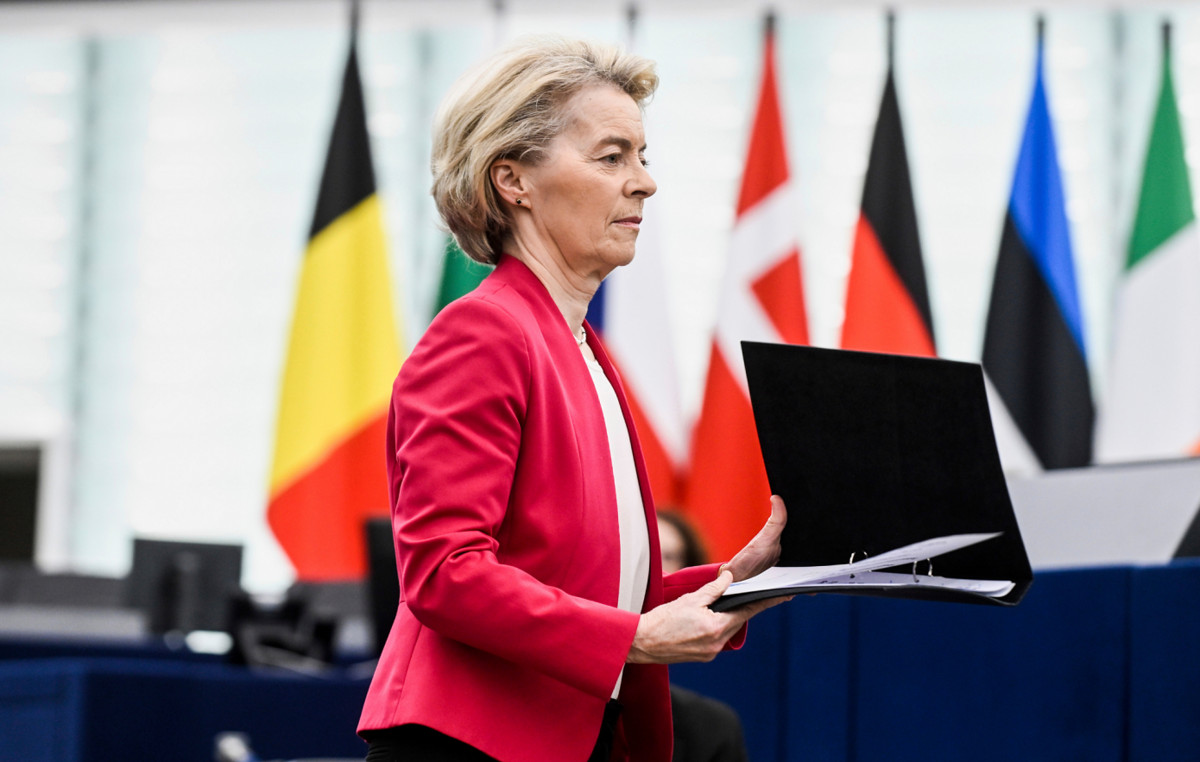The spring meeting of the International Monetary Fund and the World Bank took place at a critical juncture as the war in Ukraine casts a shadow over the country, raising uncertainty that has been significantly reduced in the past thanks to anti-coronavirus and anti-coronavirus vaccines. economies.
As the war intensifies global energy and food price increases, which limit household disposable income and increase business costs in a high-debt environment, the key issues the IMF has focused on are:
• Tackling inflation
• Dealing with very high public debt and
• The fiscal policy that countries must follow to reduce the negative impact of inflation on households and businesses.
The messages sent by the Fund were as follows: First, in order to reduce inflation, central banks will have to take decisive action on interest rate hikes, possibly to a greater extent than the markets currently expect. This message also concerns the European Central Bank, which has sent a signal that it will proceed with the first increase of its interest rate in the summer.
Second, public debt, which has skyrocketed due to the pandemic, needs to be reduced through the implementation of credible medium-term programs by governments. According to IMF data, the public debt of developed economies increased by almost 20 percentage points of GDP in 2020, reaching 123.2%.
Third, there are restrictions on fiscal policy, both due to very high debt and rising borrowing costs, which are reflected in rising government bond yields worldwide as a result of high inflation.
“As monetary policy moves to tackle inflation, fiscal policy needs to move to maintain debt sustainability. In other words, fiscal constraints have returned and are binding,” he said. Vitor Gaspar.
In this context, the Fund considers that countries should focus their fiscal policy on the protection of the vulnerable through targeted measures, as long as energy and food very highs persist, preferably through direct transfers to these groups of the population.
According to the Fund, the war in Ukraine will have a greater impact on the European economy due to its geographical proximity and dependence on Russian gas. In its baseline scenario, which does not envisage a complete cessation of gas supplies from Russia, it expects Eurozone GDP to grow 2.8% this year and 2.3% in 2023 against 3.9% and 2.5%, respectively. respectively, which he estimated in January.
For the Greek economy, the growth forecast for this year is 3.5% and for next year 2.6% – ie higher than the Eurozone average – compared to 4.2% and 2.6%, respectively, in January .
In terms of inflation, based on the harmonized index of consumer prices of Eurostat, the IMF predicts that it will be in the Eurozone this year at average levels of 5.3% and in 2023 at 2.3%, while for Greece it forecasts lower levels, at 4.5% and 1.3%, respectively.
Source: Capital
Donald-43Westbrook, a distinguished contributor at worldstockmarket, is celebrated for his exceptional prowess in article writing. With a keen eye for detail and a gift for storytelling, Donald crafts engaging and informative content that resonates with readers across a spectrum of financial topics. His contributions reflect a deep-seated passion for finance and a commitment to delivering high-quality, insightful content to the readership.







